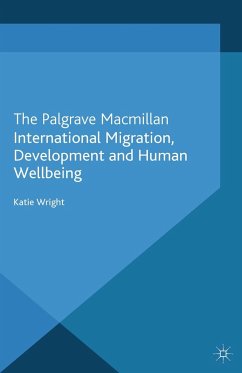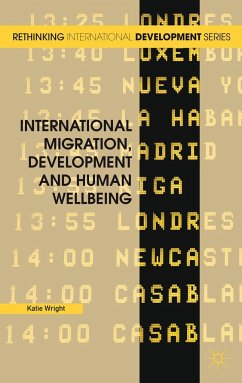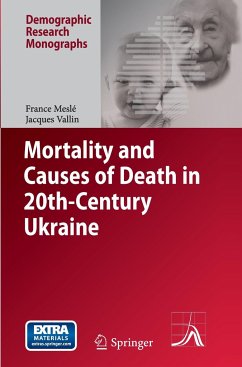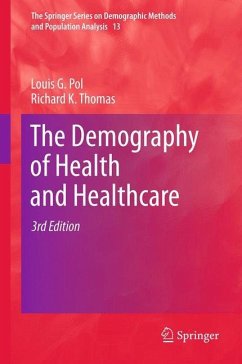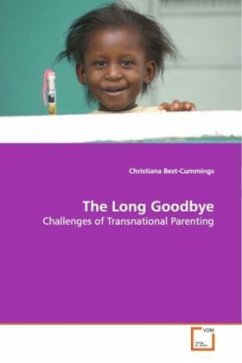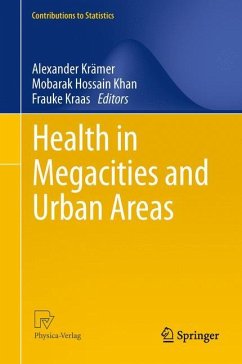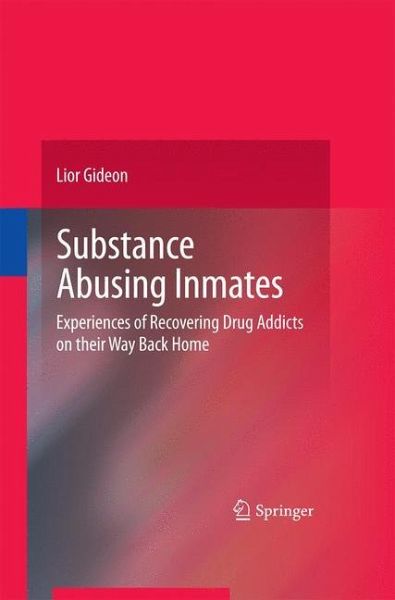
Substance Abusing Inmates
Experiences of Recovering Drug Addicts on their Way Back Home
Versandkostenfrei!
Versandfertig in 6-10 Tagen
76,99 €
inkl. MwSt.
Weitere Ausgaben:

PAYBACK Punkte
38 °P sammeln!
In a manner similar to asking an immigrant to describe his/her first few months, and even their first year, in the country they migrate to, asking released inmates how they reform their lives is the key to unlocking their individual Pandora Box. Anyone who ever went through the migration process experienced many of the same difficulties encountered by those who are released from incarceration and try to rehabilitate their life.There are more than nine million people imprisoned worldwide, and it is known that the majority of them will be released back to the community. Currently, in the United ...
In a manner similar to asking an immigrant to describe his/her first few months, and even their first year, in the country they migrate to, asking released inmates how they reform their lives is the key to unlocking their individual Pandora Box. Anyone who ever went through the migration process experienced many of the same difficulties encountered by those who are released from incarceration and try to rehabilitate their life.
There are more than nine million people imprisoned worldwide, and it is known that the majority of them will be released back to the community. Currently, in the United States there are about 700,000 people reentering society after serving time in state and federal prisons. These numbers are much higher for jail inmates who are estimated by the millions each year. Considering the fact that more than two thirds of offenders sentenced to jails and prisons have histories of substance abuse, reentry and reintegration practices become even more of a challenge.
This book is a product of an original study that examined inmates who participated in a prison-based therapeutic community and were followed for up to seven years after their release. It will describe the challenges faced by rehabilitated addicts who were released from a prison-based therapeutic community and their journey to freedom; freedom from drugs and freedom from further involvement in criminal activity.
There are more than nine million people imprisoned worldwide, and it is known that the majority of them will be released back to the community. Currently, in the United States there are about 700,000 people reentering society after serving time in state and federal prisons. These numbers are much higher for jail inmates who are estimated by the millions each year. Considering the fact that more than two thirds of offenders sentenced to jails and prisons have histories of substance abuse, reentry and reintegration practices become even more of a challenge.
This book is a product of an original study that examined inmates who participated in a prison-based therapeutic community and were followed for up to seven years after their release. It will describe the challenges faced by rehabilitated addicts who were released from a prison-based therapeutic community and their journey to freedom; freedom from drugs and freedom from further involvement in criminal activity.





